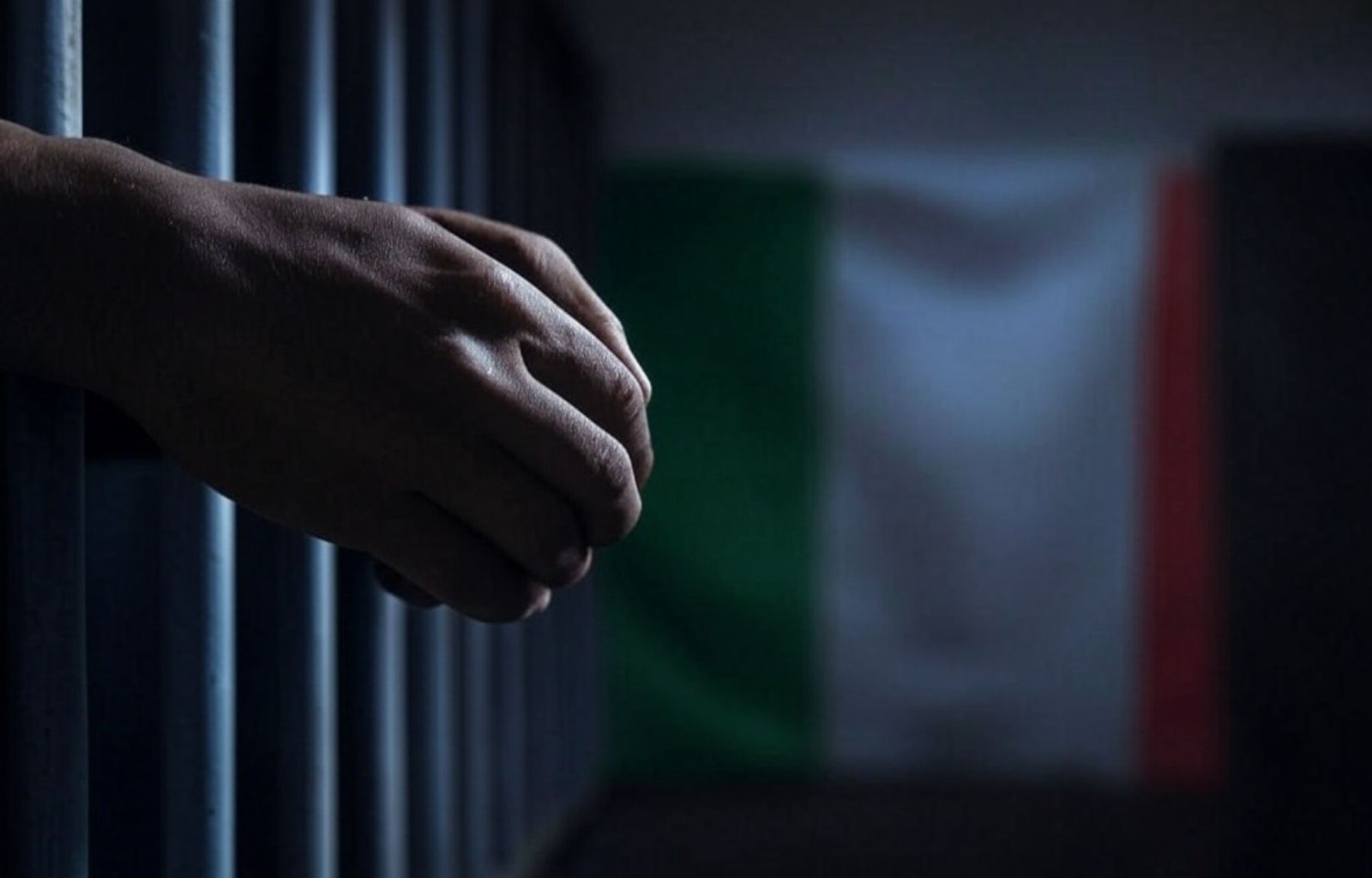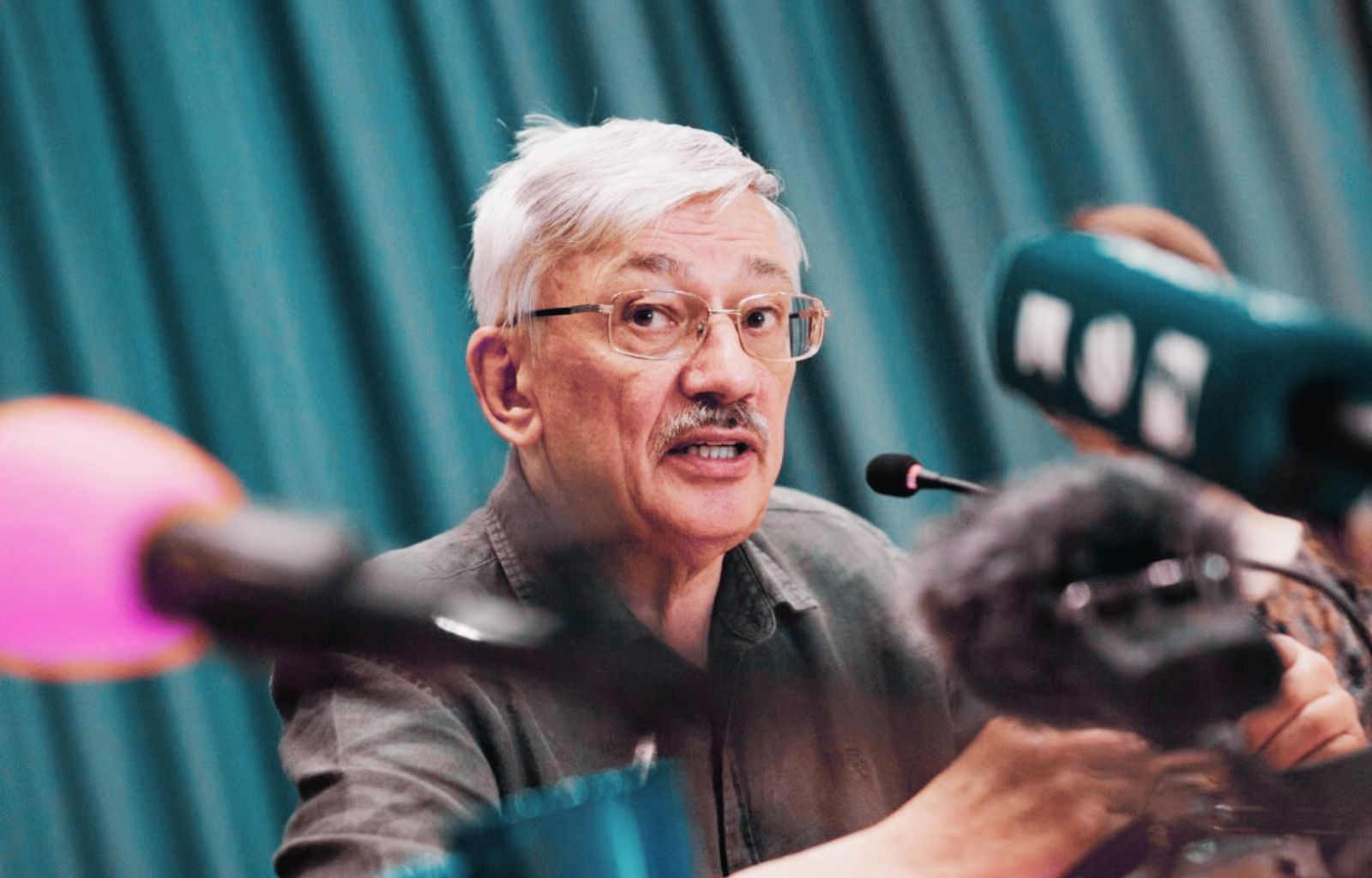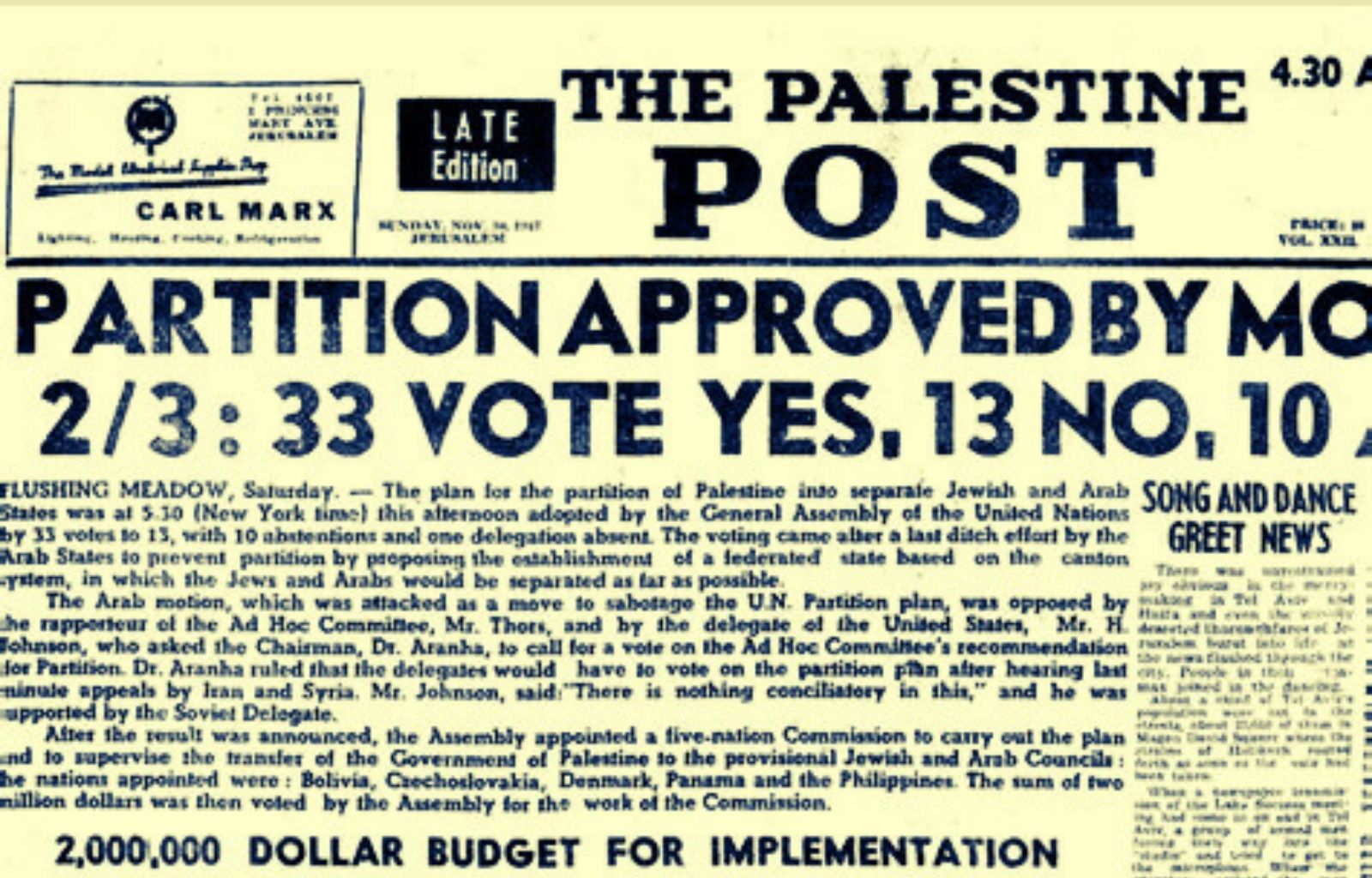Precautionary measures and the rule of law: a challenge for Italian and European justice

The debate on criminal proceedings and precautionary measures in Italy does not only concern practitioners or our national legal system. In fact, it is part of a broader reflection on the rule of law, which involves the entire European Union. Individual guarantees, the balance between security and freedom, the effectiveness and impartiality of justice are issues that, today more than ever, define the democratic quality of a system. In a European context in which respect for the fundamental values enshrined in Article 2 of the Treaty on European Union is monitored and discussed, internal reforms of national judicial systems also assume supranational importance. The procedural choices and guarantees applied ante iudicium therefore affect not only domestic law, but also the credibility of our country within the European legal space.
It is from this point of view that the following contribution should be read, which explores some critical nodes of the precautionary discipline and its recent Italian developments: a delicate terrain, where the social function of the criminal process is intertwined with the fundamental rights of the individual.
Provisional justice between guarantees, risks and reforms: a critical analysis of the Italian system
The value framework and the setting of the precautionary procedure represent the thermometer of the ‘temperature’ of the predominantly accusatory system of the trial system. The deprivation of liberty ante iudicium is an instrument of general security but also of social concern.
The cognitive process takes second place to the personal suffering and the mediaticity of a precautionary measure.
The topic is ‘hot’ and therefore changes to the precautionary discipline become (like many topics) a divisive issue for society.
For the past year or so, the panorama of opinions has been mixed with respect to the possibility of a collegial assessment for only custodial measures in prison (and not as now: it is assessed by the functionally competent judge, and therefore depends on the stage and degree at which the proceedings are pending), with respect to the analysis of the precautionary needs and with respect to preventive questioning (prevention is different from guaranteeing).
The pre-trial panel (three members) when assessing the serious indications of guilt and the pre-trial requirements is either a guarantee of accuracy or a dereliction of duty given the lack of an obligation to record the individual positions and opinions of the judges. Of the two, one.
If ‘eyes’ increase in the first instance, do ‘eyes’ also increase with appeals? Apparently, the law of appeals has not been revised.
Also perplexing is the attribution of jurisdiction in the first instance to the court of re-examination and then devolution to the court of appeal of the same district.
The lack of composition of a collegial body ex novo in the first ‘beat’ (and leaving the application to the court of review) necessarily generates the need to ensure the appeal in the Court of Appeal following the criteria of Article 11 of the Code of Criminal Procedure so as to avoid the issuance and the first degree of precautionary attributed to the same judicial office although in a different function.
It generates an important question the inequality in practice on the different modalities between custody in prison and the other personal and real measures.
The hierarchy of suffering, prior to the trial on the merits, is reversed in our capitalist society and consequently a seizure of assets could be seen as more afflictive (e.g. a company account). Is it safe to say that the college should be avoided for a seizure?
The interrogation of the defendant (except for the requirements of danger of flight and protection of evidence) is brought forward in a preventive method with respect to the application of the measure.
It is said that prevention is better than cure, but is prevention better than guarantee?
Is one sure, net of caution and net of the investigation deadline, that this type of interrogation can really be a guarantee and not become an instrument of knowledge too far in advance of the investigation to the point of prejudicing it?
Balancing the interests at stake, throughout the criminal proceedings, is the jurist’s most complex exercise to safeguard the social function of the criminal trial and the exercise of the right of defence.
A European reflection
These reflections on the Italian pre-trial detention system are not isolated, nor are they indifferent to the European context. The European Court of Human Rights has repeatedly stressed that pre-trial detention must be an exceptional instrument, justified by concrete and proportionate reasons, in full compliance with the principle of the presumption of innocence enshrined in Article 6 of the European Convention on Human Rights.
The European Commission, through its annualRule of Law Report, also monitors with increasing attention the guarantees offered by national judicial systems in terms of defence rights, impartiality of proceedings and duration of restrictive measures. Italy, like all Member States, is called upon to demonstrate that its procedural reforms do not compromise the balance between investigative needs and the protection of fundamental freedoms.
In many European jurisdictions, moreover, there are more structured and multilevel models of control for the application of precautionary measures, which may offer useful points of comparison for the Italian legislator. For example, in Germany and Spain, the judge’s intervention is often hinged on a collegial procedure or, in any case, subject to a more structured review from the earliest stages.
In conclusion, the regulation of pre-trial detention is not merely a technical matter, but a crucial indicator of the democratic and legal quality of a constitutional state. It is on this ground that not only the soundness of our justice system is measured, but also our credibility as members of a political community founded on the protection of rights and freedoms: the European Union.












